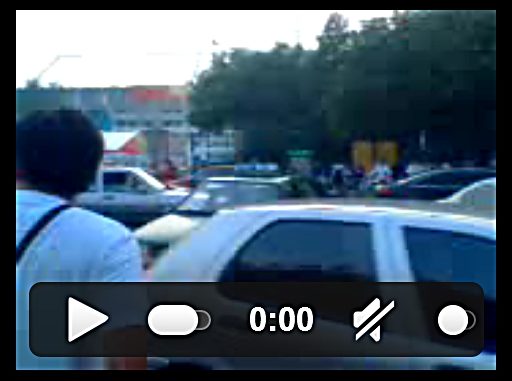
Welcome to my 2008 Beijing Olympics ten-year flashback series. The authorities spent a great deal of energy encouraging citizens to put their best foot forward. How successful were they? My results from a one-hour non-scientific study.
[Originally posted August 19, 2008]
More than a few of my long-term expatriate friends lamented that Olympics visitors would miss the “real Beijing” and instead find a city where the air would be clean, the traffic lighter and more orderly, the streets beautified, and the minutiae that give this city its character eliminated.
Beijing has tried to put on its “best face”, especially around stadiums and tourist sites—new edifices adorn the city, a jungle of flowers decorate its sidewalks, and rare is the beggar found on them. The new subway line, shiny road signs, and posters and banners are all part of the package.
But if Beijing has cleaned house, it has also left dirt in the corners, smudges on the windows, and a few bags of garbage in the kitchen.
The air is still dodgy. The traffic, while lighter, clearly demonstrates the “might is right” and “pedestrian last” principles of local motorists. See this video of traffic at Workers Stadium’s east gate:
And minor annoyances yet abound: every fifth taxi driver sports a bad attitude, every other person tries to get into the elevator before the people inside can get out, service is about the same as ever, which means all over the board. And don’t even get me started on the food at the event venues.
So, while people might be wowed by The Great Wall, happy with the Beijing duck, impressed by the friendliness of most people, and amazed by the beer prices at corner stores, they will also see some of the nitty and the gritty.
I live beside Workers Stadium, and here are observations made during a one-hour walk on a night featuring two football matches inside:
- As I leave my apartment building, the security guards say bye and I pass some residents who smile at me.
- Down the street, some tourists take photos of security guards who squat on a sidewalk and eat from foam lunch boxes.
- Cars drive down the bicycle lanes, with drivers beeping for everyone to get out of their way.
- More than 50 people huddle around a TV outside UBC Coffee for a men’s basketball game: they cheer wildly when China scores and utter a collective despondent “ai ya” when Spain scores, doubly intense when the game goes to overtime. The manager would no doubt be happier if more than a handful of these people bought anything.
- Traffic is heavy and cars do U-turns through a crosswalk, leaving an island of worried-looking tourists stranded in the middle.
- Happy locals talk at a volume most Westerners would find annoying.
- As I pass a restaurant, a friendly employee shouts and asks if I have had dinner yet. At another spot I frequent, one of the managers gives me a wave.
- A tricycle piled meters high with giant bags of recyclable plastic slowly but surely moves along the crowded street.
- I serve as photographer for several groups of locals in front of the stadium. Hundreds of people are in front of the north gate—most are having a great time.
- A team from AC Nielsen surveys people about the Games. Do you agree this is a Green Olympics? A High-tech Olympics? A People’s Olympics? They give me a handy fan for my troubles.
- A group of 30 Nigerians with trumpets sing and dance outside the stadium to the delight of the crowd.
- A motorcyclist drives by with his young daughter behind him and even younger son squatting on the footrest—none wear a helmet. A police officer gives a warning, then waves them on.
- A bus beats a red light by careening through an intersection, missing some pedestrians by about a meter, while a taxi piles in behind. The three passengers inside—all foreigners and wearing Olympic badges—look apologetic and embarrassed.
- An old man with a plastic basin of water washes his arms and face beside a small building a hundred meters from the stadium as tourists pass.
- Several locals and tourists look for boxing tickets and finally find a seller: RMB100 per seat. Buyers and sellers alike satisfied.
There you have a mix of what makes China interesting (the energy, the people, the minutia of daily life) and frustrating (the traffic: the noise, and, for an encore, the traffic). Thus, even outside one of the Olympic stadiums, the average visitor gets at least a few peaks into what makes people alternatively smile with glee and pull their hair out in Beijing.
* * *
Get regular Beijing updates via my Instagram and Twitter feeds. Also see my sibling sites Grape Wall of China, World Baijiu Day and World Marselan Day. Help cover the hosting and other costs of these sites with a WeChat, AliPay or PayPal donation.* * *

Leave a Reply